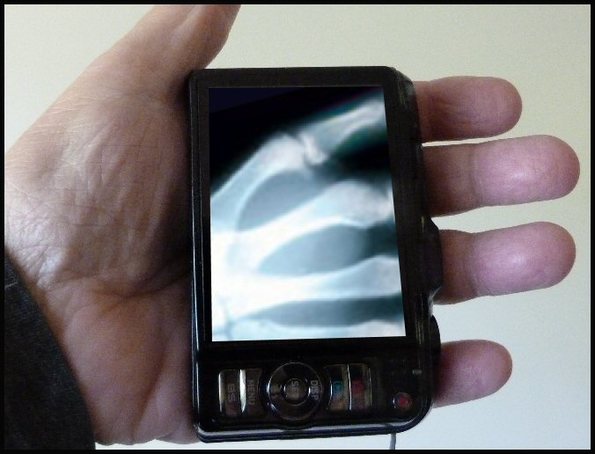In other words, to these people, the price of admission to heaven is following certain laws. Not perfectly, of course; they figure that as long as you do so as well as the next person, you’ll be fine. And what did Jesus mean, in Matthew 5:49, when He said we must be perfect as our Father in heaven is perfect? Ah, he was probably just joking. Either that, or He was misquoted.
The trouble is, this line of thinking gets us nowhere, because its opening premise is wrong. God didn’t give us the law so that we’d obey it. He knew we wouldn’t be able to.
So then why did He give us the law?
Pastor Ken Keltner explained it well in a February, 2018 sermon delivered to Brookside Baptist Church in Brookfield, Wis. The law is like an MRI, Pastor Ken said, a diagnostic imaging tool that’s capable of exposing diseases like cancer before symptoms even appear. But instead of revealing physical disease, God’s law exposes our sin–the spiritual disease that, left untreated, is inevitably and eternally fatal.
This is just what the apostle Paul was implying when he wrote, in Romans 7:7, “I would not have known sin except through the law.”
Fortunately, no costly and time-consuming tests are required for this diagnosis. We just need to examine our lives in the light of God's law, summed up perfectly in the Ten Commandments.
The first Commandment alone should be enough to make the problem clear: Have you ever worshipped gods other than the God of the Bible? Family or work, for example?Politics or material possessions? Personal popularity or intellectual prowess? Have you in fact spent every waking moment of your life thinking about and loving no one but God?
Feel free to examine your life in light of the other nine Commandments (see Exodus 20). But it’s probably not necessary; this first one’s enough for an accurate diagnosis. Which is that you’re a sinner, just like the rest of us. And if you don’t treat it, you’re headed for eternal death.
Sadly, unbelievers are prone to denying the results of this test. They insist that they are not sinners, that the test is inaccurate or the disease nonexistent, that their gods don’t use such archaic standards. Which is tragic, because unless they allow the law to reveal the disease of sin in their souls, they will never escape their death sentence.
But there’s good news for those who are willing to accept the diagnosis: There is a cure for sin, a cure that’s 100% safe, effective, and permanent: it’s the blood of Jesus Christ, who atoned for the sin of the world upon the cross almost 2000 years ago.
How do we get this cure?
Not by denying the disease. Not by trying to cure it ourselves through good works and sacraments. And certainly not by trying to keep the law that was given to us only to make the diagnosis clear.
We get this cure instead by repenting of our sin and trusting in Jesus to have paid its penalty, in full, on the cross. When we do this, He cleanses us completely and clothes us in His righteousness.
And that's how we achieve the perfection that Jesus talked about in Matthew 5--the perfection that takes us through the narrow gate to eternal life.
If you haven’t yet done so, consider examining your life in light of God’s law, and then taking the cure. It’s free!
If you have already done so, give this diagnostic-imaging analogy some thought. It just might come in handy the next time you’re witnessing to someone who’s trusting in his or her goodness to achieve a heavenly forever after.

 RSS Feed
RSS Feed